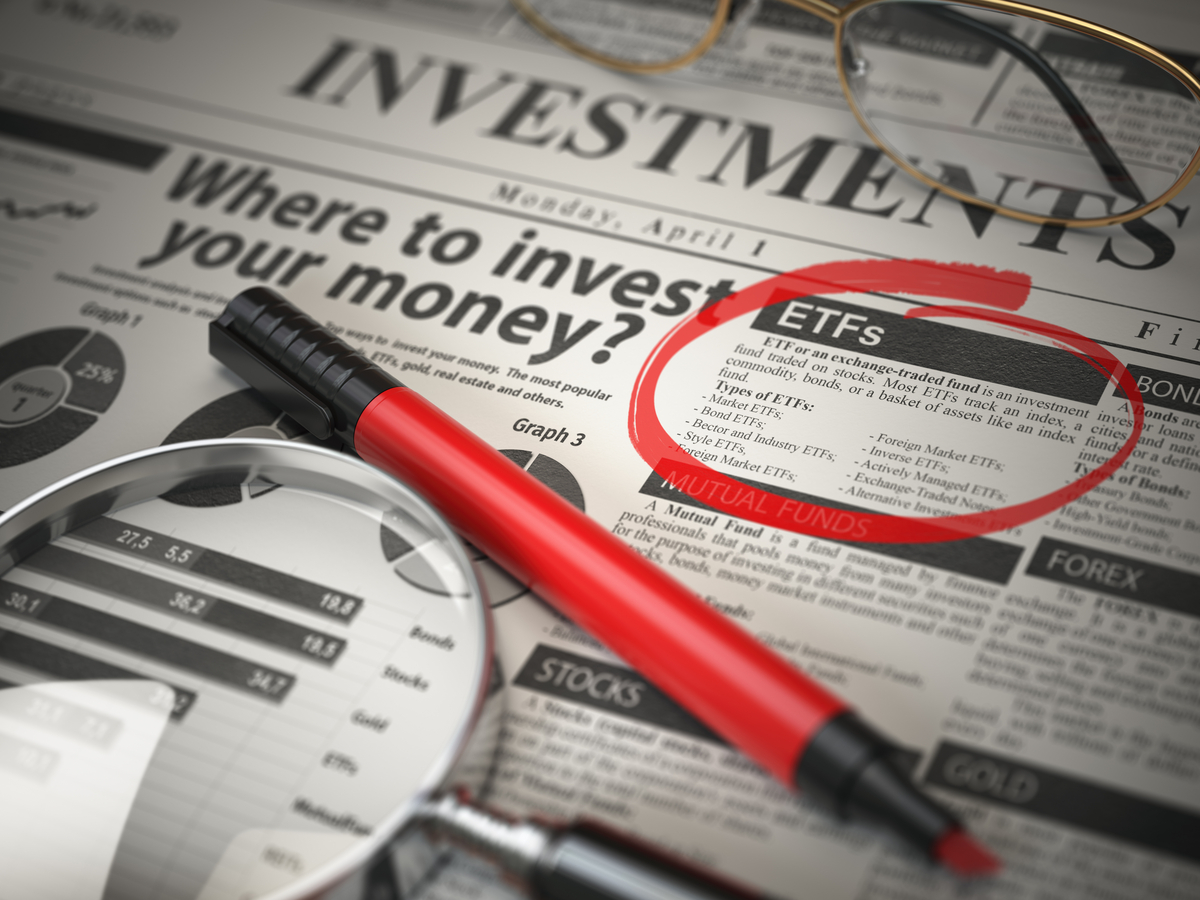
Warren Buffett is widely recognized as one of the most successful investors in history, largely due to his exceptional skill in capital allocation while managing Berkshire Hathaway. This ability has led to an outstanding performance record, with the conglomerate generating close to a 20% annual return for roughly six decades.
Although many aspire to replicate Warren Buffett’s investment success, Buffett himself advises a contrasting strategy for most individuals. During Berkshire Hathaway’s 2021 annual meeting, he suggested that purchasing an S&P 500 index fund is a shrewd move to capitalize on the stock market’s long-term growth. Even small savings can grow significantly with time, given patience and self-control.
According to Buffett’s recommendation, investors might want to think about purchasing a single Vanguard exchange-traded fund (ETF). If they invest $1,000 each month for a decade, this ETF could potentially grow into approximately $252,000.
Dollar-cost averaging mixed with compounding
Over the past ten years, the S&P 500 index has experienced remarkable growth, with a cumulative return of approximately 255%. This figure includes reinvested dividends and represents an annualized return of roughly 13.5%, significantly surpassing its typical long-term average of a 10% yearly increase.
To capitalize on this pattern, consider purchasing the Vanguard S&P 500 ETF (VOO). This fund follows the performance of companies listed in the S&P 500, and it’s provided by a well-respected organization with decades of experience and vast resources, managing trillions in assets. This background should provide investors with a sense of security.
If we consider the past decade as an indicator, investing $1,000 monthly in the Vanguard S&P 500 ETF for the next ten years (a total investment of $120,000) could potentially grow to approximately $252,000 by summer 2035. This strategy, known as dollar-cost averaging, involves investing a fixed amount at regular intervals regardless of market conditions. By doing so, investors can benefit from various entry prices.
The Vanguard S&P 500 ETF boasts a minimal expense ratio of just 0.03%, which is likely another advantageous aspect for Buffett, given his distaste towards costly investment managers who often struggle to outperform the market.
What the future might hold
Investors would likely be satisfied if the Vanguard S&P 500 ETF’s total return over the next ten years mirrors the 255% it achieved in the last decade, but keep in mind that there are no guarantees. The performance could potentially be worse or better due to various factors on either side.
The potential outcome might be less favorable due to the current high valuation of the S&P 500, which is at a historically expensive level. As we speak, the CAPE ratio stands at 37.8. Previous trends demonstrate that low returns are typically expected when the initial multiple is high, as it currently is.
In addition, prolonged periods of increased interest rates or unfavorable economic conditions might make investors less inclined to take risks, resulting in reduced equity demand. It seems plausible that we could witness a return to the average 10% annual returns seen historically under such circumstances. This scenario appears most logical.
In a similar vein, future returns may equal or surpass the previous decade’s growth due to several factors. One significant factor is the anticipated increase in government spending and debt, which could potentially inject large amounts of liquidity into the system, boosting asset prices. This trend has been evident since the global financial crisis in 2007-2009.
Perhaps a balanced perspective could be beneficial when considering investments. However, it’s crucial to note that nobody can accurately predict the future movements of the S&P 500 index up until 2035. The key is for investors to initiate and continue their investment journey with the Vanguard S&P 500 ETF as early and frequently as possible. By doing so, they stand a chance to replicate the index’s overall performance, minus any fees incurred.
Read More
- Gold Rate Forecast
- 2025 Crypto Wallets: Secure, Smart, and Surprisingly Simple!
- The 10 Most Beautiful Women in the World for 2026, According to the Golden Ratio
- HSR 3.7 story ending explained: What happened to the Chrysos Heirs?
- ETH PREDICTION. ETH cryptocurrency
- When Wizards Buy Dragons: A Contrarian’s Guide to TDIV ETF
- Here Are the Best TV Shows to Stream this Weekend on Paramount+, Including ‘48 Hours’
- ‘Zootopia 2’ Wins Over Critics with Strong Reviews and High Rotten Tomatoes Score
- The Labyrinth of Leveraged ETFs: A Direxion Dilemma
- Uncovering Hidden Groups: A New Approach to Social Network Analysis
2025-07-22 20:34